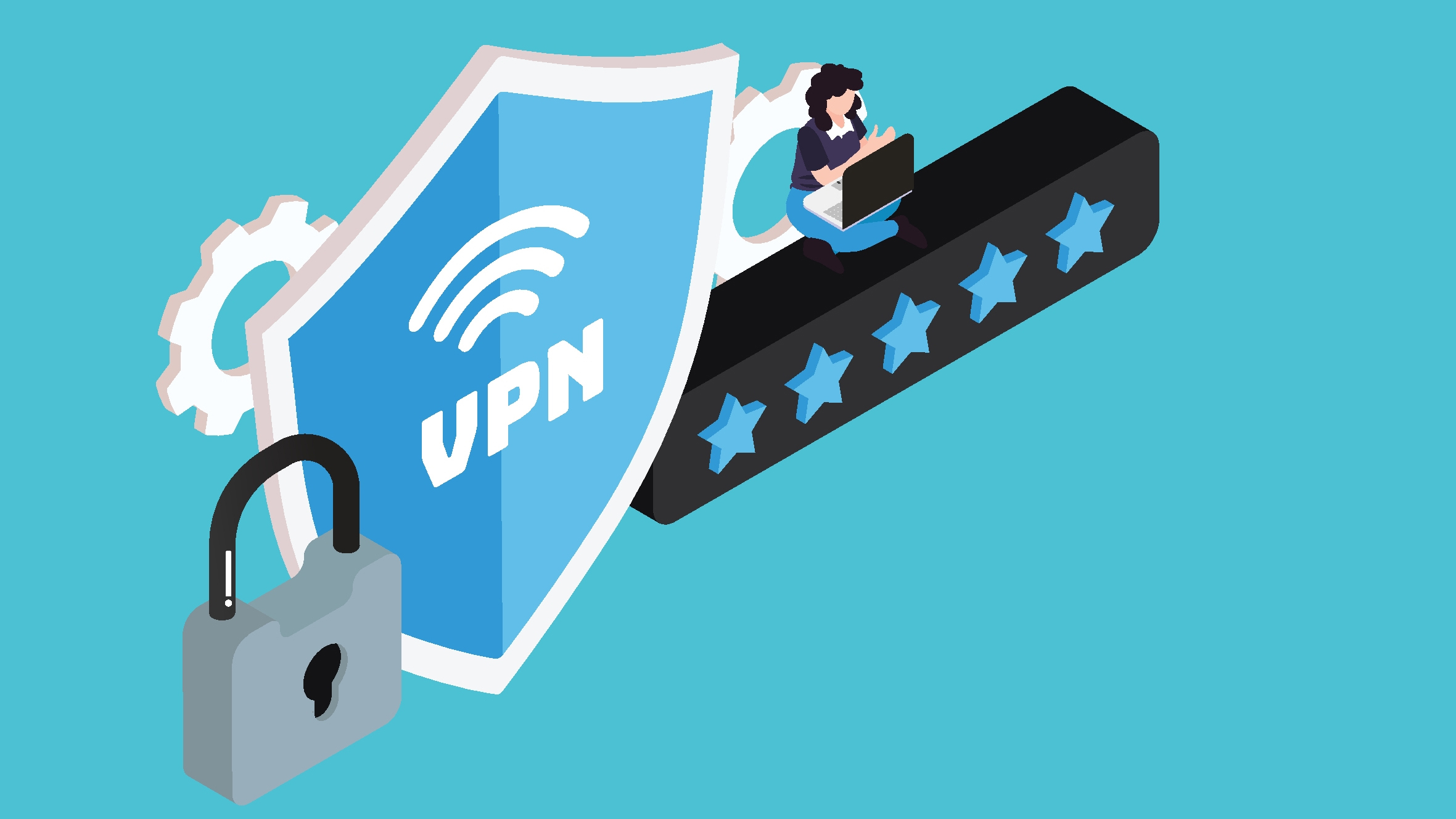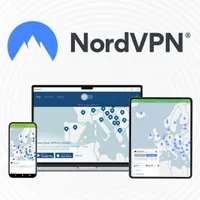Your child's new laptop needs a VPN – here's why
Don't take a risk with your family's privacy

If you picked up a shiny new laptop for your little ones over the Black Friday weekend, you probably bagged a nice bargain in the process. Still, the unfortunate reality is that the internet is stuffed with threats to their digital privacy.
The good news, however, is that pairing a VPN with your child’s laptop can help shore up their online security and help them steer clear of bad actors. Better yet, today’s best VPNs have some seriously massive Cyber Monday VPN sales on offer.
So, keep reading, and I’ll dig into the reasons why that new laptop needs a VPN, as well as their privacy-boosting features – but you'll want to act fast. Cyber Monday is almost over, after all.
NordVPN – from $2.99 per month
The best VPN overall
NordVPN is our top-rated VPN for a reason – it’s incredibly easy to use, even for total newbies, and has all the tools you need to protect yourself and your family from online snoopers. It'll also help you unblock Netflix content libraries from around the world – so if you're looking to wind down with a good movie or box set once the kids go to bed, NordVPN has your back. Make the most of this Cyber Monday pricing before the holiday is over, and enjoy a 30-day money-back guarantee, too.
Reason #1: Protect their digital privacy
Let's face it, the internet is a dangerous place for adults and kids alike. Your data is massively valuable to bad actors who want to use it to sell for a profit or commit cybercrimes like identity fraud. They're not above collecting your child's data, either. A DQ Institute survey from 2020 found that 12 million children aged 8-12 are exposed to these digital risks.
VPN encryption thwarts these snoopers, but don’t worry; you don’t need a degree in cybersecurity to understand how a VPN works.
A VPN encrypts all your data as it passes from your device (like a laptop) onto the wider internet. As a result, any snooper trying to keep tabs on your activities will see an unreadable jumble of information and nothing else. This makes it much more difficult for bad actors to monitor your digital activity and collect your data.
Best of all, a VPN does all of this in the background. Once you've installed and set up the VPN, logged in, and connected to a server, it'll do its thing and keep you secure as you go about your day-to-day browsing – meaning you won't have to get too hands-on with your child's device and cause undue pouting.
Reason #2: Stay secure on public Wi-Fi
The free Wi-Fi you find in cafes, hotels, airports, and other public places is massively handy in a pinch, and kids are likely to connect to these hotspots when they’re out and about.
However, public Wi-Fi is also notoriously insecure. Why? Well, it lacks the same security measures as the Wi-Fi in your home. This means that anyone with the know-how can exploit the unencrypted connection to see what the folks using it are getting up to – there's nothing obscuring your activities.

Looking for a VPN that'll put your family's online security first? Check out our roundup of today's best secure VPNs.
Some bad actors are particularly crafty and create fake hotspots. They'll name them something similar to the real thing and hope you won't think twice about joining the network. If you do, all your activity will be available for them to see – anything you type, including passwords and financial details, and all the sites you visit. It’s a privacy nightmare.
Taking your VPN with you on your adventures and enabling it when you leave the house is a must for you and the kids.
It'll encrypt your connection and all of your data – so even if you stumble across a bogus hotspot, the bad actor behind it won't be able to watch over your digital shoulder.
Reason #3: Prevent targeted ads
Have you ever seen a weirdly specific ad online? Maybe it's showcasing a product you added to your basket a while ago but decided not to buy (which is the story of my indecisive life). Maybe a search term you punched into Google has been resurrected as a banner ad.
Either way, these targeted ads can leverage your browsing data to tempt you into making purchases, clicking dodgy links, or even revealing personal details that you'd rather not have plastered across your browser.
Targeted ads can be pretty insidious and serve up dangerous disinformation – which is the last thing you'll want your kids stumbling across.
For children, these ads are tempting distractions, especially if they're colorful displays for toys or games. The issue is that a lot of these ads aren't legitimate.
That Roblox pop-up, for example, might take your child to a cleverly crafted phishing site that'll steal their information (and turn it into profit or log it on the dark web) or inject nasty malware onto their lovely new laptop.
Luckily, because a VPN encrypts your browsing sessions, your information can't be used to create these creepy ads. You'll see far fewer of them and enjoy increased online anonymity – it's a win/win.
VPNs that go the extra mile
VPNs typically offer a variety of subscription tiers – and the more expensive plans often include handy tools that do even more to shore up your security.
Personally, I think it's well worth investing in these bundles, but let's take a closer look at the tools that can benefit you, your kids, and all the devices in the house.
- Ad blocking: unfortunately, a basic VPN plan won't do much to combat the ads you see all over the web, but it's a different story for the VPNs that offer dedicated ad blockers. Check out NordVPN’s Threat Protection Pro if you want to banish those pop-ups and banners, and prevent your children from clicking on anything they shouldn’t.
- Password managers: keeping track of passwords isn’t easy, especially when you’re meant to use a new one for every app and platform. A password manager does the remembering for you, however, and can even generate super-secure details in just a click So, if your child is taking their first steps onto social media, a password manager like ExpressVPN Keys, ExpressVPN’s very own password manager, is a great way to secure their accounts.
- Secure cloud storage: whether you’re storing family photos and videos, collaborating on work files, or giving your child somewhere to organize their digital life, a cloud storage solution is the go-to. Proton Drive, from the team behind Proton VPN, ensures that all of your files are kept under lock and key at all times.

River is a Tech Software Editor and VPN expert, helping take care of cybersecurity content on TechRadar, ranging from reviews, buying guides, and must-have VPN deals. River's expertise in the cybersecurity field opened their eyes to the startling amount of online snooping we accept into our daily lives. Now, River is committed to fighting for your right to digital privacy by shining a light on its biggest threats – and helping readers safeguard their data with the help of a VPN. Surfshark is River's favorite VPN, and they use it every day to keep their most sensitive details out of the hands of third-party trackers.
